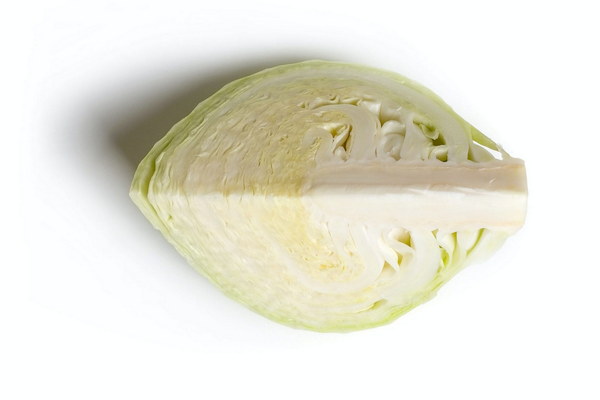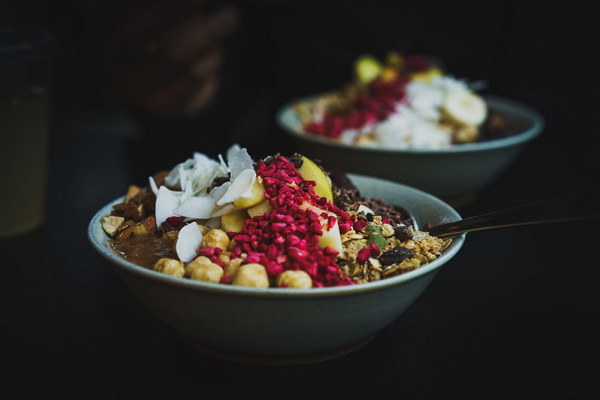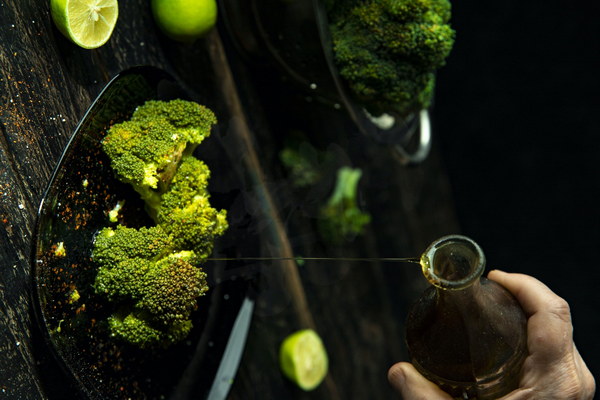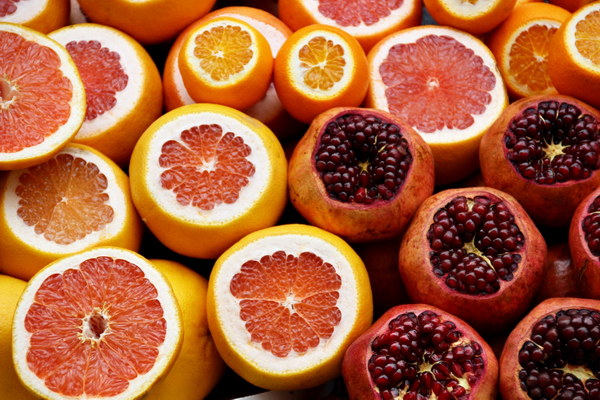The Ultimate Guide to Liver Care Nutritional Wisdom for a Healthy Liver
The liver is one of the most vital organs in the human body, responsible for filtering blood, detoxifying harmful substances, and producing essential proteins. A healthy liver is crucial for overall well-being. This comprehensive guide will delve into the world of liver care, providing you with valuable insights and practical tips to maintain a healthy liver.
Understanding the Liver
The liver is a large, reddish-brown organ located in the upper right quadrant of the abdomen. It performs numerous functions, including:
- Filtering blood: The liver filters toxins and impurities from the blood before they can harm the body.
- Producing bile: Bile helps in the digestion and absorption of fats and fat-soluble vitamins.
- Storing glycogen: The liver stores glucose as glycogen, which is then released into the bloodstream when energy is needed.
- Regulating blood clotting: The liver produces clotting factors that help stop bleeding.
- Metabolizing drugs and hormones: The liver breaks down and eliminates drugs, hormones, and other substances from the body.

Risk Factors for Liver Disease
Several factors can increase the risk of liver disease, including:
- Excessive alcohol consumption
- Obesity
- Unprotected sex and intravenous drug use (which can lead to hepatitis B and C)
- Poor diet
- Long-term use of certain medications
Nutritional Wisdom for Liver Health
A balanced diet is essential for maintaining a healthy liver. Here are some key nutrients and dietary recommendations:
1. Protein: The liver needs protein to regenerate and function properly. Include lean meats, fish, poultry, eggs, dairy products, legumes, and nuts in your diet.
2. Fiber: High-fiber foods help reduce the risk of liver disease by lowering cholesterol levels and improving blood sugar control. Incorporate fruits, vegetables, whole grains, and legumes into your meals.
3. Antioxidants: Antioxidants protect the liver from oxidative stress and damage. Include foods rich in antioxidants, such as berries, dark chocolate, nuts, and green leafy vegetables.
4. Vitamin E: Vitamin E is an essential nutrient for liver health. Foods rich in vitamin E include nuts, seeds, avocados, and leafy greens.
5. Vitamin C: This vitamin supports liver function and helps protect against oxidative damage. Citrus fruits, bell peppers, strawberries, and leafy greens are great sources of vitamin C.
6. Vitamin B12: B12 is crucial for liver function and energy production. Include animal products, such as meat, fish, eggs, and dairy, in your diet to ensure you're getting enough B12.
7. Magnesium: Magnesium helps regulate blood sugar levels and supports liver function. Foods rich in magnesium include nuts, seeds, whole grains, and leafy greens.
Healthy Eating Habits
In addition to incorporating the right nutrients, adopting healthy eating habits can further promote liver health:
1. Limit alcohol consumption: Excessive alcohol can lead to liver disease. Aim to limit alcohol intake to moderate amounts, if at all.
2. Avoid processed foods: Processed foods are high in unhealthy fats, sugars, and sodium, which can contribute to liver disease.
3. Stay hydrated: Drinking plenty of water helps flush out toxins and supports liver function.
4. Eat a variety of fruits and vegetables: A colorful plate ensures a wide range of essential nutrients.
5. Mindful eating: Enjoy your meals without distractions, which can help you savor the flavors and textures of your food.
Conclusion
A healthy liver is essential for overall well-being. By understanding the importance of liver function, identifying risk factors, and incorporating liver-friendly nutrients and eating habits, you can take proactive steps to maintain a healthy liver. Remember, a healthy lifestyle is the key to a healthy liver.









